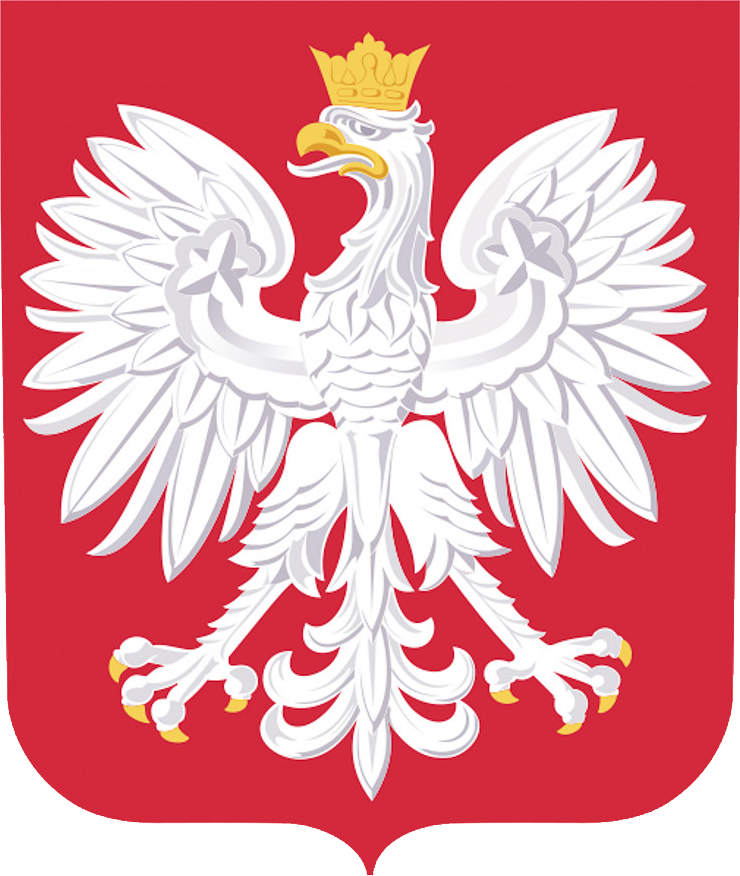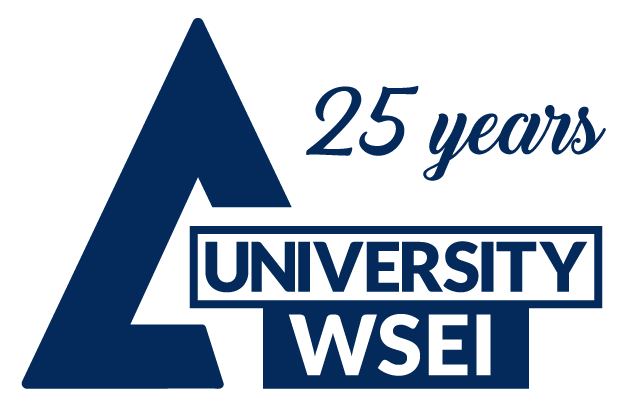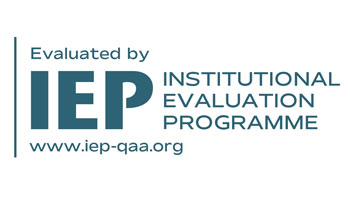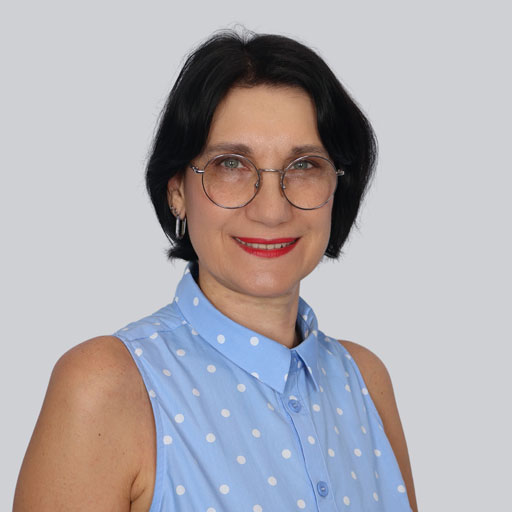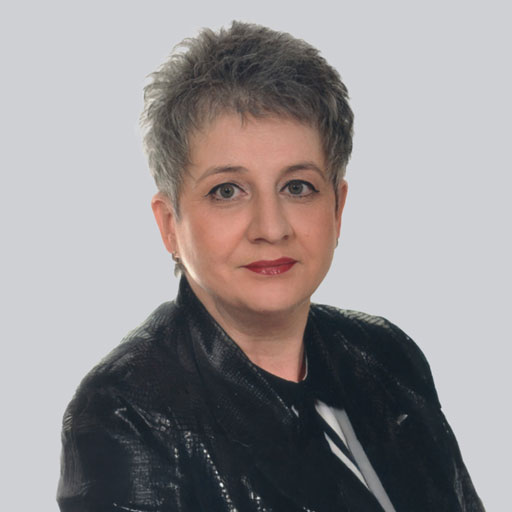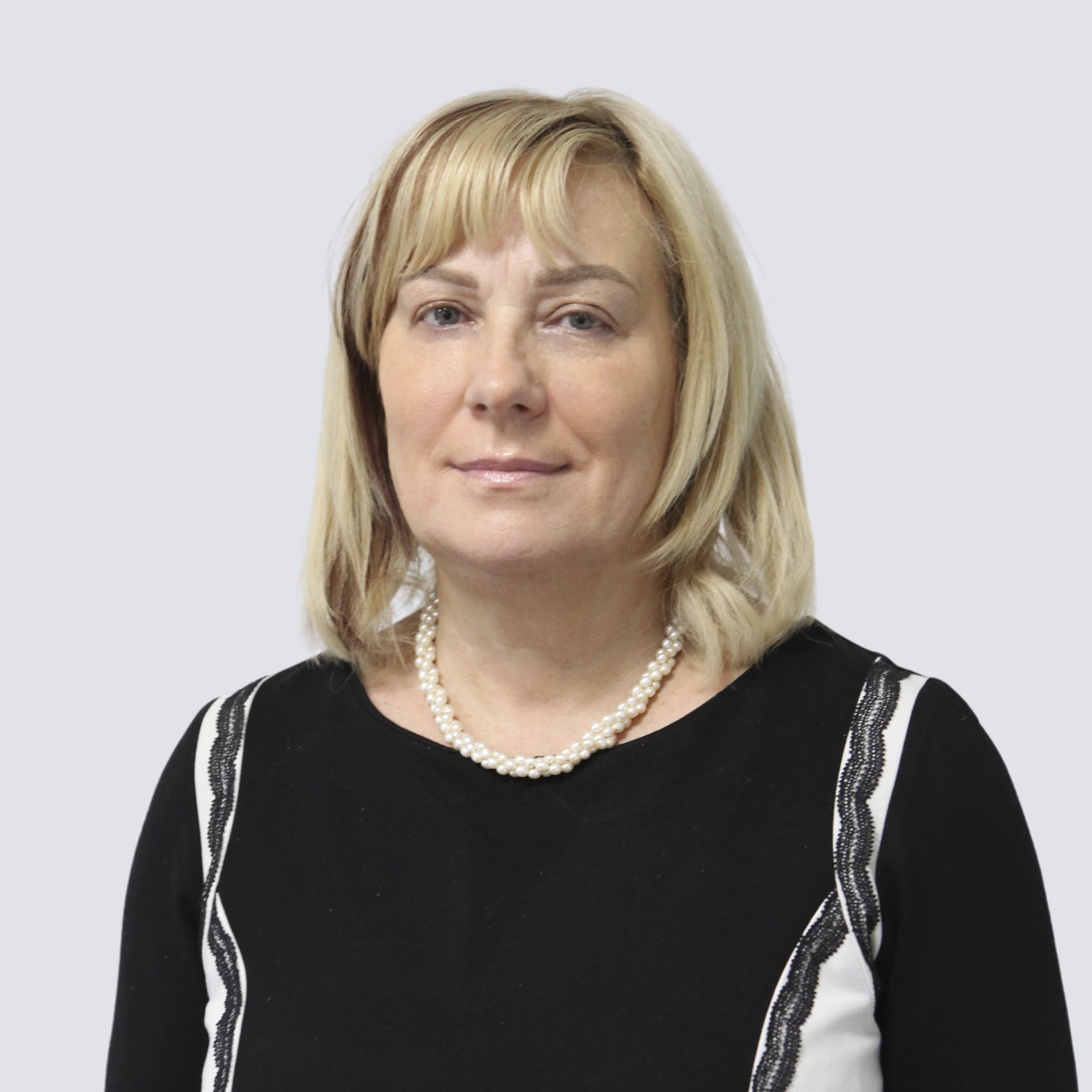The School of Key Competencies is a supra-regional project aimed at developing the skills of students of secondary schools in central, south-western and eastern Poland.
The general objective of the project was to raise the level of Key Competencies of students of secondary schools in the following voivodeships: Opole, Kuyavian-Pomeranian, Lower Silesia, Greater Poland, Lublin, Podlaskie, Podkarpackie, Świętokrzyskie and Mazovia, enabling them to actively participate in the labor market and the knowledge-based economy.
The specific objective of the Project was:
- to support the process of developing the level of Key Competencies of 8,000 students from 80 schools as part of the curriculum;
- to increase access to extracurricular, complementary, effective and innovative forms of developing Key Competencies:
- Holiday Science Camps,
- Scientific Clubs,
- Study of Competent Leaders,
- Simulation Enterprise;
- supporting teachers in creating and implementing the didactic process based on proprietary programs that take into account the development of Key Competencies in the teaching of mathematics and natural sciences, ICT, foreign languages and entrepreneurship;
- increasing cooperation and exchange of experiences between teachers
